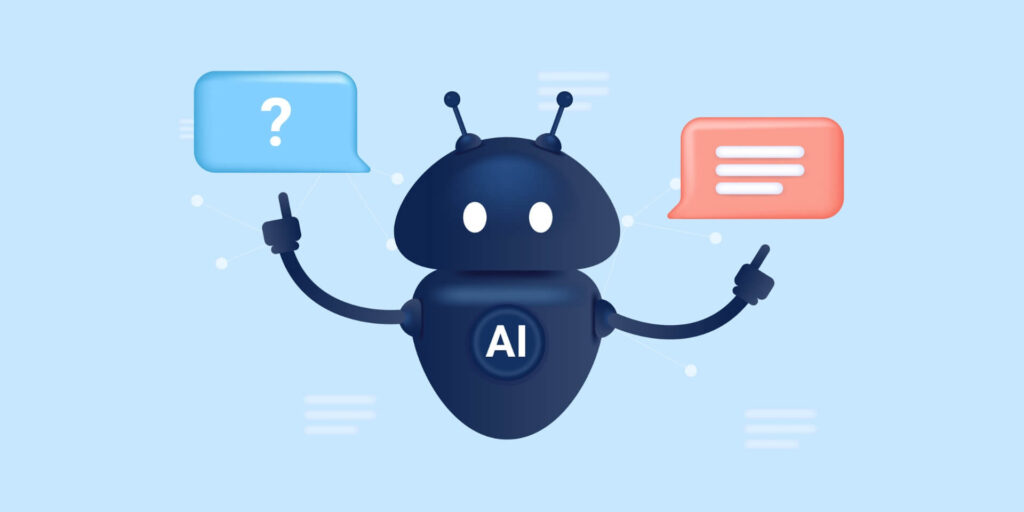Declines in clicks and traffic are pretty much a marketer’s worst nightmare. We’ve built careers (and in some cases, companies) around getting eyeballs on content — a task that, frankly, is feeling increasingly Sisyphean.
We hear it from clients and colleagues alike: traffic is down, competition in Google search rankings is up. Returns on even the best content marketing campaigns are shrinking. What does the future of search marketing look like?
First of all, it’s important to remember that the market for your product or service still exists. They didn’t just vanish overnight (Zune App notwithstanding). So where are they?
They’re talking to AI. (Aren’t we all?)
AI and Search
of ChatGPT users use it as a search engine
of Americans turn to ChatGPT for search first
trust ChatGPT more than other search engines
Data from Adobe, 2025
Unlike traditional search engines, generative AI search tools don’t just point users to the top websites related to their search and send them on their way. ChatGPT, Perplexity, and other AI tools actively encourage users to keep talking as they continue to pull information directly from brand sites and serve it up as complete answers.
And this is the crux of the new norm with AI — and why you need to understand answer engine optimization.
AEO vs. SEO: what does it mean for marketers?
The answer to that question depends entirely on how prepared you are to adapt. Generative AI search tools are effectively acting like salespeople — answering both high-level questions about buyers’ problems and bottom-of-funnel queries about specific solutions. And that’s ultimately transforming the way your audience looks for — and finds — information.
Sold! The average AI search visitor is 4.4 times more valuable than the average visit from traditional organic search, based on conversion rates.
From keywords to conversations
I used to regularly butt heads with an SEO colleague about the sheer length of keywords he would ask me to work into marketing copy. (Sorry, Jase!) But long-tail keywords are definitely making their mark in the world of AI marketing.
The average search query on Google during the heyday of SEO was four words long. The average AI search query is 23.
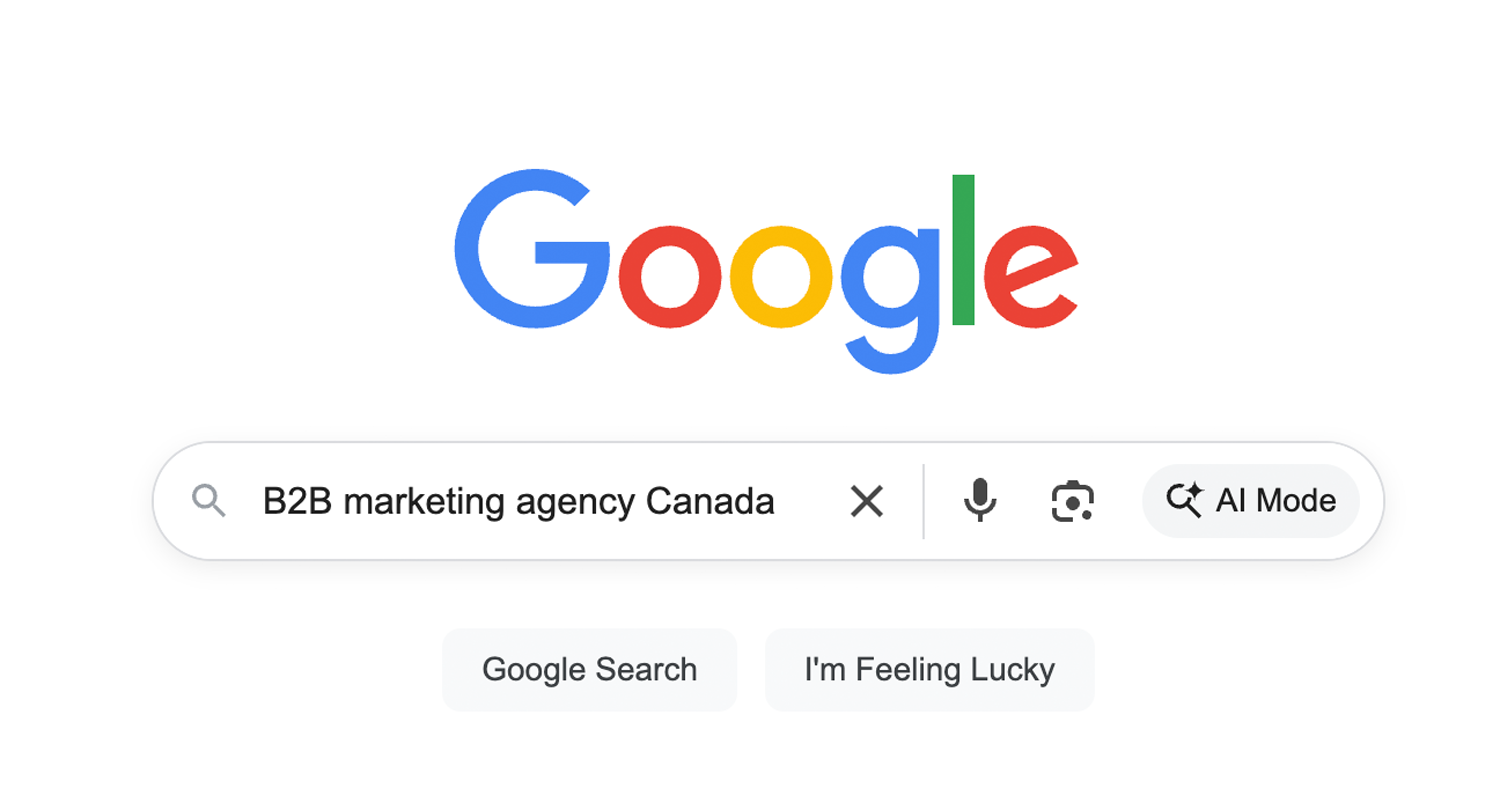
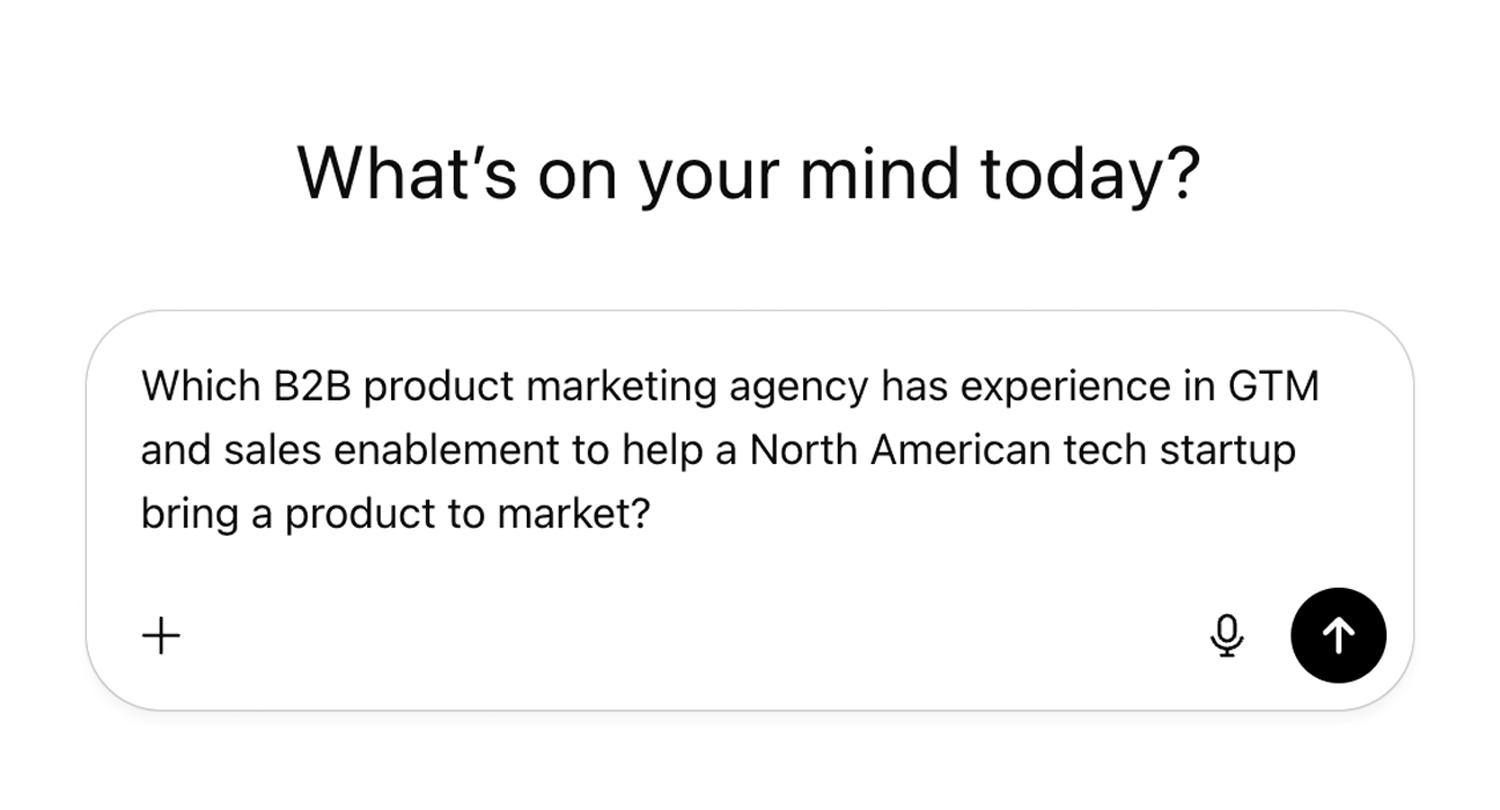
Search know-it all: Google is already in on the AI search game, providing AI-generated summaries in response to searches — 43% of which link back to Google itself.
But a shift in search keywords shouldn’t automatically equal a reduction in traffic, right? Correct. The future of search engines is fundamentally changing because of how the conversation goes from there. Google provides a list of links to sites it deems most relevant, based on popularity. Generative AI search engines draw on the individual user’s history to continue the conversation.
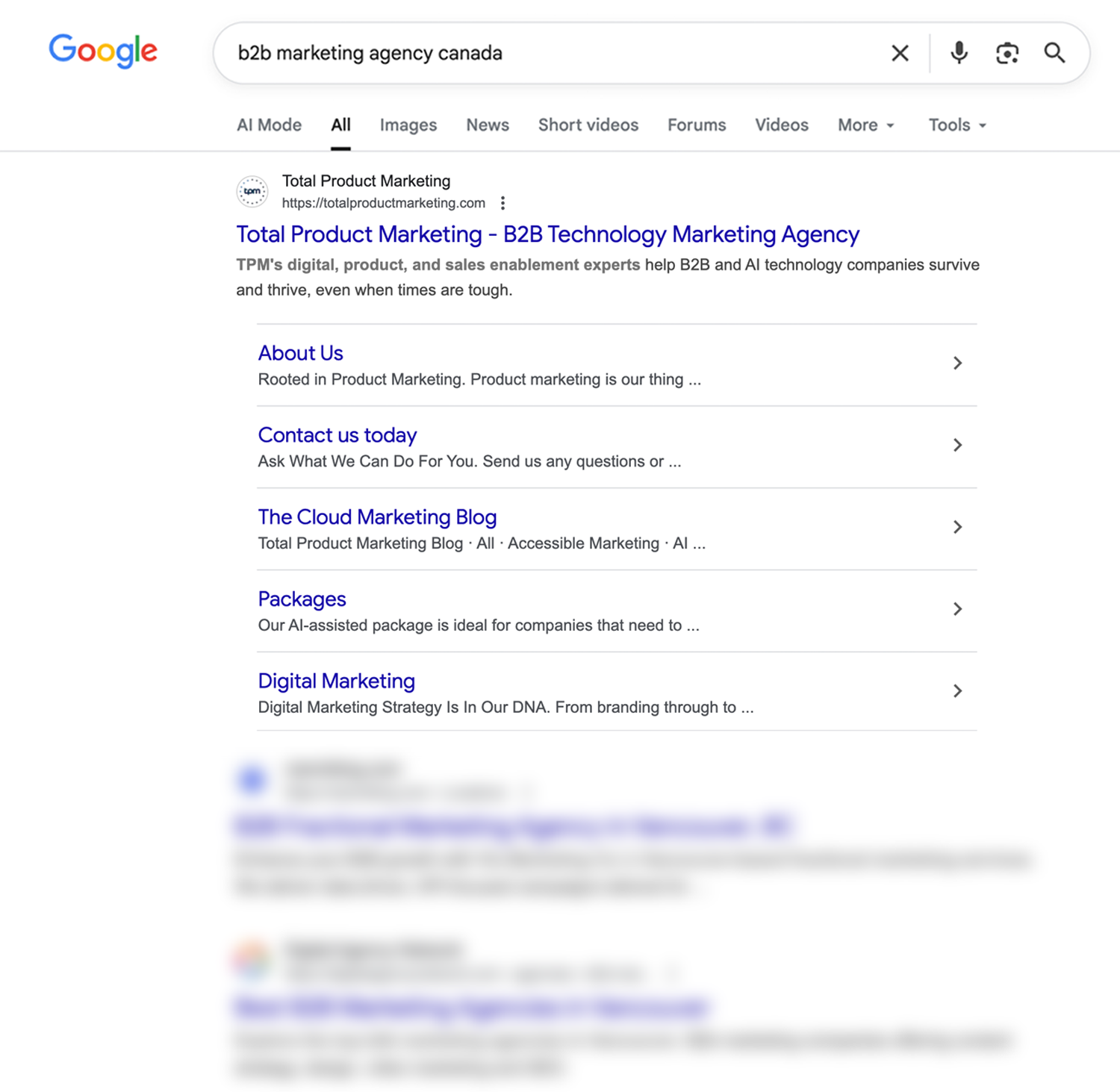
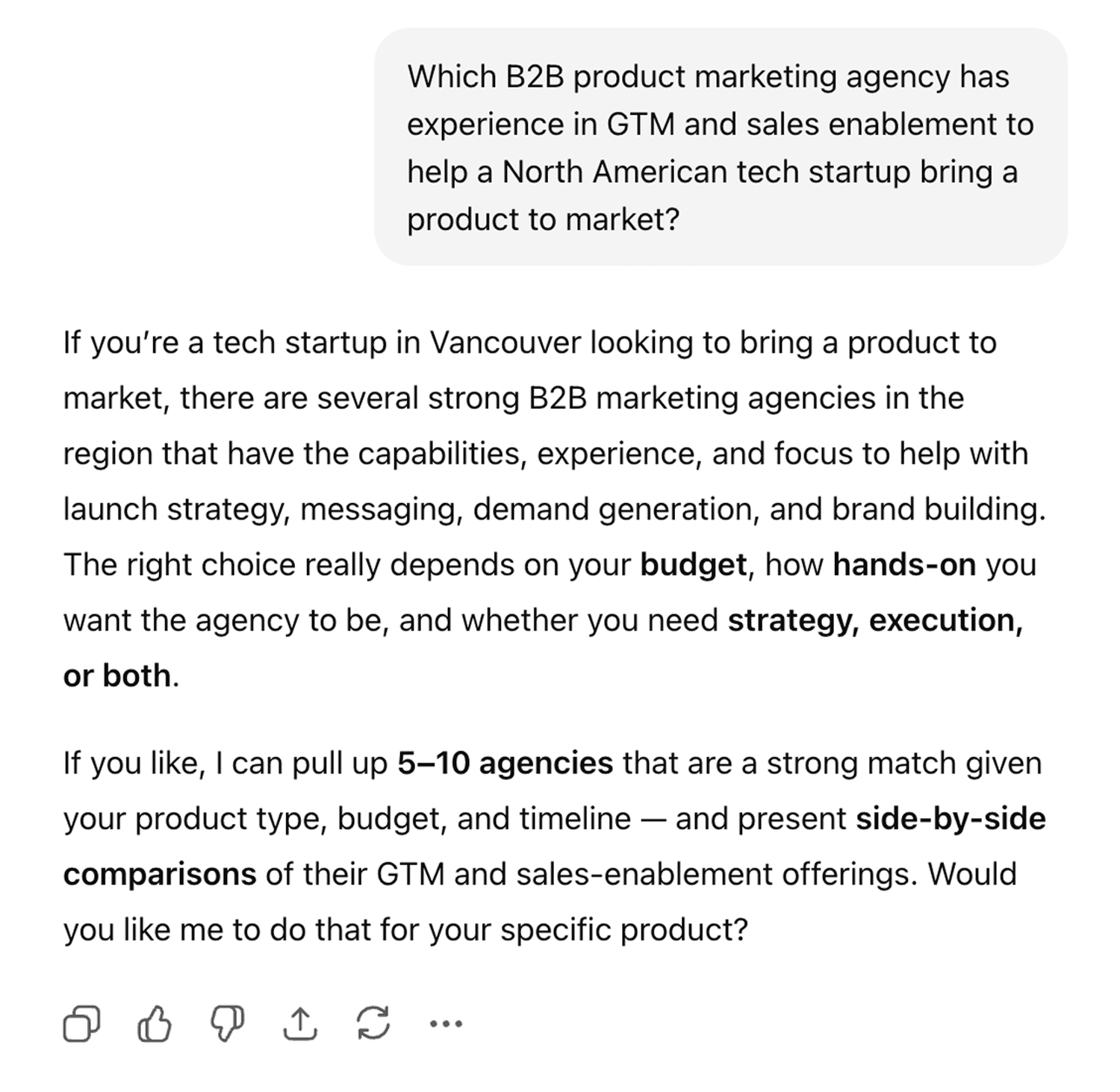
From traffic to trust
But I’m at the top of Google search results! I want all that traffic to come straight to my site!
The end of an era: Approximately 60% of Google searches now yield no clicks at all, as AI-generated answers satisfy them directly on the search results page
Congratulations! But don’t write off the importance of answer engine optimization just yet. As more people turn to AI for search, topping Google search results will be less relevant — no one’s bragging about being the headline act for the Fyre Festival these days.
But more importantly, ChatGPT and other AI tools are providing your brand a valuable service — they’re filtering out searchers who aren’t ready to convert.
The conversational nature of AI search means that users keep gathering the information they need to make a decision without leaving the AI site — until they’re ready to take the next step. So while the volume of traffic to your site may have declined, your conversion rates should be ticking up — if you’re making the most of this trend.
AI and the future of SEO: AI Search visitors will likely surpass traditional search visitors by 2028, per SEMRush
How to embrace AI engine optimization
So, how do you implement an answer engine optimization strategy? Sadly, you can’t just create a ChatGPT account and start feeding it spec sheets — that’s not how AI works. But there are ways you can get AI’s eyes on your content when it looks for information.

1. Answer questions.
The main difference in the AEO vs. SEO evolution is shifting from including keywords to answering questions. While both systems reward original, valuable content, answer engine optimization is about clearly answering questions your audience is asking, rather than incorporating the specific search terms they’re using.
2. Be relevant
AI search tools aren’t interested in how popular your site is. They’re examining how relevant your information is to their users. Use data, case studies, and research that back up your claims and establish you as an authority in your field.
3. Publish regularly
The average age of content cited in AI search results is 86 days — and that figure is falling. Regularly posting fresh content (and refreshing older pieces that still have value) can help ensure AI tools find you when they’re answering questions.
4. Use AI-friendly formats
The large language models (LLMs) that power AI search tools want content that answers high-intent queries. Add schema markups that help AI tools navigate and understand your site. Product pages, FAQs, and how-to guides — with clear headers, subheaders, bulleted lists, and tables — are more effective at providing the specific, detailed information AI tools require.
5. Be original
Don’t fall into the trap of publishing generic, high-level blog posts half-written by AI just to make sure there’s something new on your site. If ChatGPT can compose your content, it’s already prepared to respond to any questions it answers. Original, creative, human content is your most powerful weapon in the world of AI search.
Try TPM’s AI Engine Optimization
The team at TPM has been experimenting with, testing, and evaluating AI tools — and sharing our results with you — for years now. We continually work to help our clients understand and adapt to the impact of AI on marketing. Let’s talk about what we can do for you.
